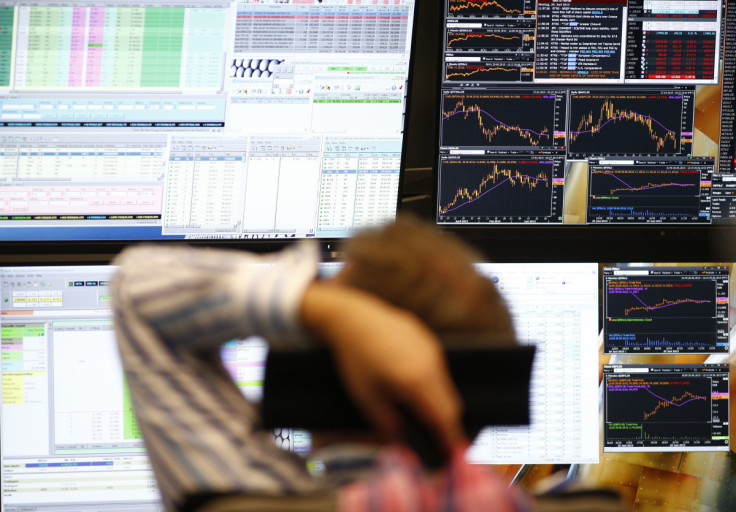
Artificial Intelligence (AI) integration across diverse industries is already paying off for businesses worldwide. Last year's bullish US stock market rally led by the "magnificent seven" stocks was rewarding for investors who bet heavily on the AI hype.
As investments in AI continue to grow, Wall Street is analysing its impact on economies, labour, and company balance sheets. Although analysts believe AI can revolutionise the world, several share diverging views, citing the hype is driving a stock-market bubble since AI giants remain highly overvalued. Here's what top Wall Street firms forecast for the technology in 2025.
AI Investment Will Continue To Speed Up
Creating AI technology is costly as it requires establishing data centres, deploying high-end graphics processing units, and training AI models.
Despite the costs, UBS estimated that top tech firms, including Meta (NASDAQ: META), Microsoft (NASDAQ: MSFT), Amazon (NASDAQ: AMZN), and Alphabet (NASDAQ: GOOG), cumulatively allocated £179.03 billion ($222 billion) towards AI projects in 2024, a 50% jump from the year prior.
The investment bank expects the AI market to surpass £806.44 billion ($1 trillion) by 2027, driven by investments in semiconductors, power systems, and data centres as AI models become increasingly complex.
UBS also recommended exposure to utilities through funds like the Utilities Select Sector SPDR Fund (NYSEArca: XLU) and the Fidelity MSCI Utilities Index ETF (NYSEArca: FUTY) as AI data centres continue to drive electricity demand.
New AI Investment Opportunities Due To Broadening Use Cases
In 2024, investors heavily poured money into stocks like Nvidia (NASDAQ: NVDA) as part of the Phase 1 and Phase 2 trades focused on AI discovery and infrastructure development.
However, Goldman Sachs believes that the AI revolution has entered Phase 3 of application and technology deployments via software and services that will widen the technology's use cases across sectors.
The transition is expected to gain momentum in 2025, opening up new investment opportunities in Phase 3 companies planning to monetise AI to boost revenue streams.
In their most recent earnings call, the investment bank highlighted several stocks focusing on increasing AI-enabled revenue. Some of those companies are Cloudfare (NYSE: NET), Fortinet (NASDAQ: FTNT), Mastercard (NYSE: MA), Gartner (NYSE: IT), And CommVault Systems (NASDAQ: CVLT).
Meanwhile, UBS also hinted at the widespread use of generative AI across sectors like cybersecurity, fintech, and health care in the near future.
US Companies Will Outperform Global Markets
AI played an integral role in helping US stocks outpace the global market last year, as the monumental capital inflow into AI projects is starting to bring tangible results.
According to Apollo Global Management, the US has an edge in the AI industry because it houses more data centres than all other top nations.
"The US is experiencing a surge in corporate and research spending on the back of the AI revolution—a dynamic not seen in other developing nations or even China," Apollo's chief economist, Torsten Sløk, stated in the company's 2025 outlook.
The economist also attributed the US economy's resilience to the government's funding of green energy projects alongside private sector investments in AI.
Elsewhere, BlackRock is optimistic about US stocks this year compared to "international peers," given the uptick in energy demand from power data centres and the rapidly evolving AI infrastructure.
AI Could Cool-off Inflation
Both BlackRock and UBS believe AI can transform labour and boost productivity, helping the overall US economy.
More firms using AI products and services could reduce inflation since the technology will automate routine and redundant tasks and give shape to more efficient business models.
In its 2025 outlook, UBS mentioned that automation will increase the supply of goods and services and help bring down inflation over the coming years.
"If AI's potential can be realised, we believe it could augur a productivity revolution and contribute to lower prices for various goods and services and higher rates of economic growth," UBS added.
Disclaimer: Our digital media content is for informational purposes only and not investment advice. Please conduct your own analysis or seek professional advice before investing. Remember, investments are subject to market risks and past performance doesn't indicate future returns.







